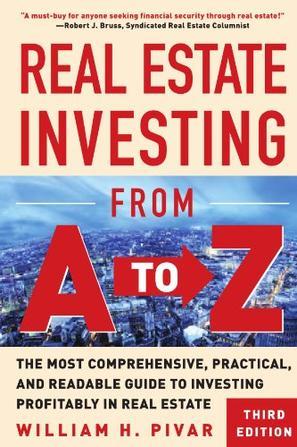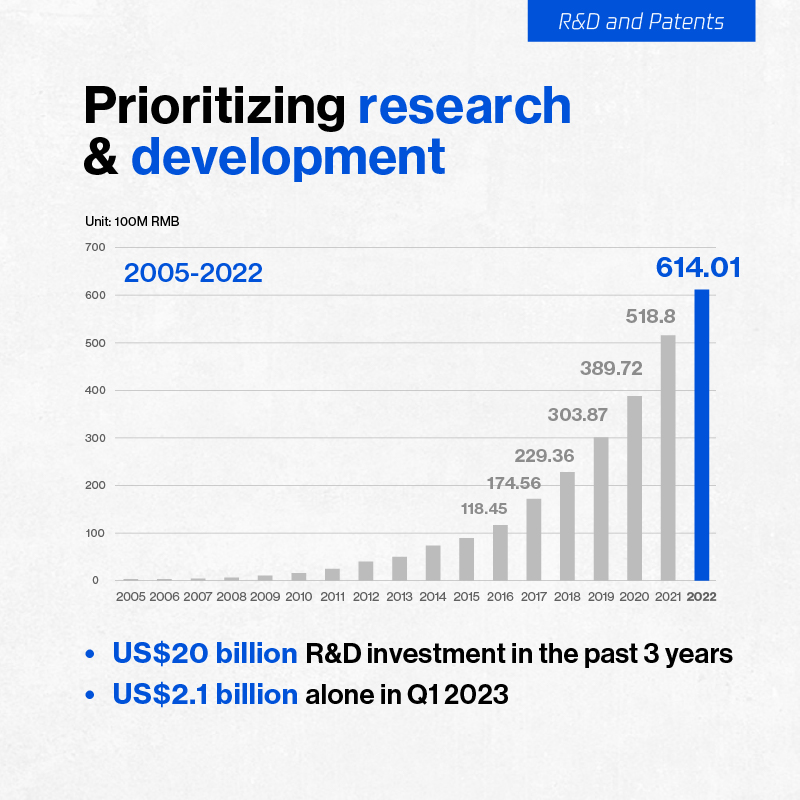### What is Loan to Value in Real Estate: Understanding Its Impact on Your Investment Strategy
In the world of real estate investing, one term that frequently comes up is "Loan to Value," commonly abbreviated as LTV. But what is loan to value in real……
In the world of real estate investing, one term that frequently comes up is "Loan to Value," commonly abbreviated as LTV. But what is loan to value in real estate, and why is it so crucial for both buyers and investors? Understanding LTV can significantly influence your investment decisions, financing options, and overall strategy in the real estate market.
**What is Loan to Value in Real Estate?**
At its core, Loan to Value (LTV) is a financial term used to express the ratio of a loan to the value of an asset purchased. In real estate, it refers to the ratio of the mortgage amount to the appraised value (or purchase price) of the property. For instance, if you are purchasing a home valued at $300,000 and you take out a loan of $240,000, your LTV would be 80% ($240,000 divided by $300,000).
**Why is LTV Important?**
Understanding what is loan to value in real estate is essential for several reasons:

1. **Risk Assessment**: Lenders use LTV as a primary metric to assess the risk associated with a mortgage. A higher LTV ratio indicates a higher risk for the lender because it suggests that the borrower has less equity in the property. This is particularly important in volatile markets where property values can fluctuate.
2. **Interest Rates**: Generally, a lower LTV ratio can lead to more favorable loan terms, including lower interest rates. Lenders are more willing to offer competitive rates to borrowers who have a significant amount of equity in their property.
3. **Mortgage Insurance**: If your LTV is above 80%, you may be required to purchase private mortgage insurance (PMI). This insurance protects the lender in case of default, but it also adds an additional cost to your monthly payments. Knowing what is loan to value in real estate can help you strategize your down payment to avoid this extra expense.
4. **Investment Strategy**: For real estate investors, LTV can influence your purchasing power. A lower LTV means you have more equity in your property, which can be leveraged for future investments. Conversely, a higher LTV may limit your ability to take on additional debt.

**Calculating LTV**
Calculating LTV is straightforward. Simply divide the loan amount by the appraised value of the property and multiply by 100 to get a percentage. For example, if you take a loan of $150,000 on a property valued at $200,000, your LTV would be 75% (150,000 / 200,000 * 100).
**Conclusion**
Understanding what is loan to value in real estate is vital for anyone looking to buy or invest in property. It impacts your financing options, interest rates, and overall investment strategy. By keeping an eye on your LTV ratio, you can make informed decisions that will enhance your financial outcomes in real estate. Whether you are a first-time homebuyer or a seasoned investor, mastering the concept of LTV will empower you to navigate the complexities of the real estate market with confidence.

In summary, Loan to Value is not just a number; it’s a crucial metric that can shape your real estate journey. By grasping its significance, you can optimize your investment strategy and potentially save thousands over the life of your loan.